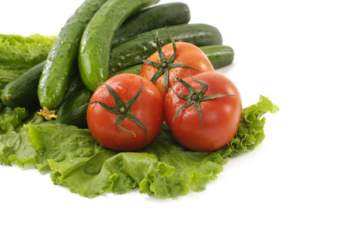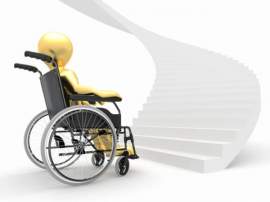
Meals on Wheels Association of America

The first meal delivered by an ancestor program of Meals on Wheels in the United States was in January of 1954 in Pennsylvania. This city funded program inspired other cities throughout the country to develop a program where food is brought to needy senior citizens and "shut-ins" who, without the program, would otherwise go hungry. After Ohio and New York created similar programs to the one in Philadelphia, a national program known as the Meals on Wheels Association of America (MOWAA) was founded.
Although the MOWAA was created based upon events in Philadelphia, Meals on Wheels began in England in the 1940s. As a result of the Nazi Germany blitzkrieg and the bombings of the RAF during World War II, the Women's Volunteer Service delivered cooked meals to the hungry in Hempstead, Hertfordshire. Later, in 1952, Australia adopted a similar Meals on Wheels program that was implemented by a woman delivering food on her tricycle. The Red Cross then stepped in to support her efforts. Meals on Wheels was officially created in Australia in 1953 in South Melbourne.
The modern efforts of the MOWAA are based on a Meals on Wheels program that was started in San Diego. This program was a non-profit organization that coordinated the delivery of food to senior citizens that need nutrition and human contact. National MOWAA operations are conducted under the provisions of the "Four Pillars" which provide for quality senior nutrition. These pillars ensure that meal providers serve meals to the homebound, have food delivered on weekdays (with some providers offering extra meals for weekends), facilities for food providers are in adequate condition to function properly, and to respect the independence of the homebound.
Other modern initiatives of MOWAA include March for Meals, the Rural Initiative, Emergency Preparedness, and WALOP.
March for Meals is an annual effort to raise funds and advocate for those that suffer from senior hunger nationwide. It is held in the month of March and was created to recruit new meal providers and provide information about senior nutrition.
The Rural Initiative is MOWAA's effort to extend service to homebound senior citizens that live in remote, rural locations which challenge meal providers due to cost and distance restraints.
Emergency Preparedness guidelines have been established by the MOWAA in order for Senior Nutrition programs and meal providers to respond to the needs of seniors in emergency situations.
WALOP, or We All Love Our Pets, is an initiative to provide services for the pets of homebound senior citizens. This initiative was introduced in 2006.
The MOWAA has also created the MOWAA Foundation which performs studies about senior nutrition needs and the nutrition needs of the disabled in the United States. A 2007 study entitled The Causes, Consequences and Future of Senior Hunger in America provided statistics on those suffering from senior hunger and those at risk.
The Meals on Wheels Association of America is the oldest and most expansive program in the United States to meet the needs of senior nutrition and the nutrition of people with disabilities through a form of
NEXT: Medicare Social Security Fraud Hotlines





















